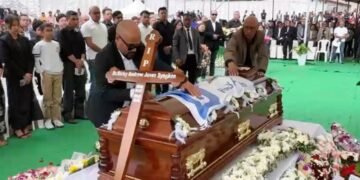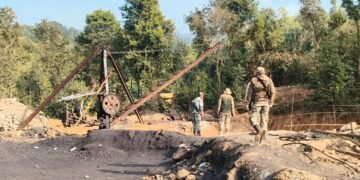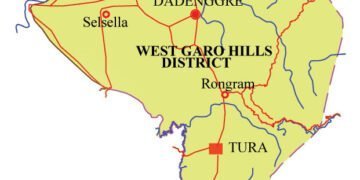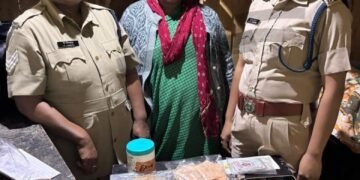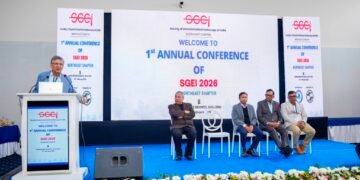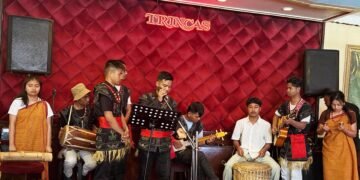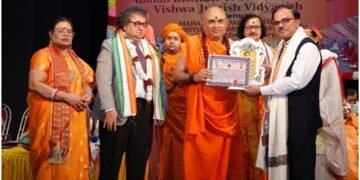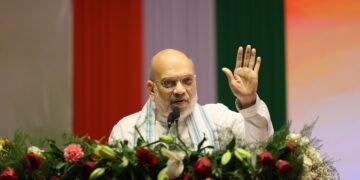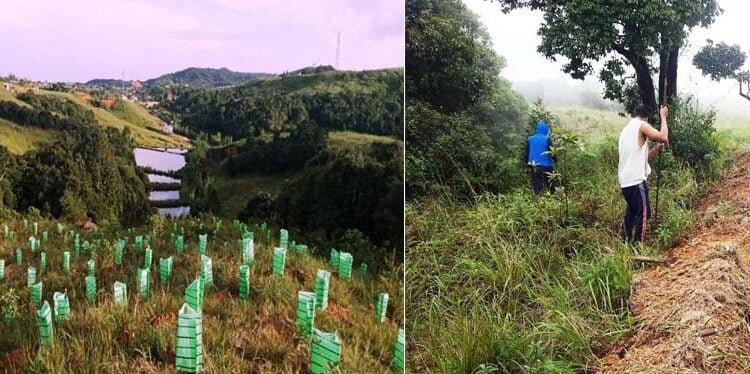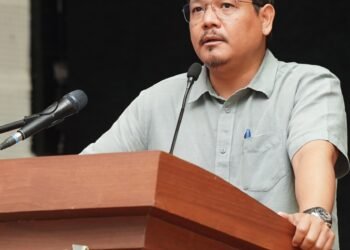A few years ago, the farming community of Nongmadan Shadsngi village in Pynursla block was struggling with the challenge of sustaining livelihood activities amid the haphazard felling of trees in their forests and damage to their green landscapes.
Deforestation was the primary cause behind water scarcity, changing climate conditions, biodiversity loss and harm to natural habitats. Matters were not helped by torrential rains washing away the fertile topsoil. With their livelihoods threatened, it became apparent that an intervention to effectuate change was the immediate need.
Since 2018, the World Bank-funded Community-Led Landscape Management Project (CLLMP), an externally-aided project of the state government, having the express purpose of strengthening communities’ capacities to leverage and manage natural resources for improved quality of life, has collaborated with the community of Nongmadan Shadsngi.
CLLMP’s community-driven actions have since gone a long way in alleviating the issues in Nongmadan Shadsngi, a press release said today. The community has found solutions regarding the frequency of wildfires and the shortage of clean drinking water.
Steps also include rainwater harvesting through recharge pits for replenishing groundwater and check dams to prevent soil erosion and ensure water availability during the dry months.
Tree plantation drives have also been conducted on a large scale. Nongmadan Shadsngi’s three forests – Kliar Wahumrem, Law-adong Wahkhongoi and Law-adong Riatlwai – were losing their green cover due to wildfires but, with the implementation of bio-fencing and fire line control, there have been no reports of encroachment on these forests.
The project has also supported the community with the formation of the Village Natural Resource Management Committee (VNRMC), which currently comprises nine presiding members (five men and four women). The VNRMC has the mandate to not only oversee the implementation of all project activities at the village level but to create enabling platforms for women to participate in decision making during village meetings and voice opinions on matters concerning rural development.
Further, it was reported by the CLLMP district personnel during their monitoring and evaluation support activity that the women of Nongmadan Shadsngi contributed significantly during construction works and noted that the project’s ‘Equal Pay for Equal Work’ principle was abided by. These women were also at the forefront of spreading awareness of the importance of environmental conservation for the village’s youth.

